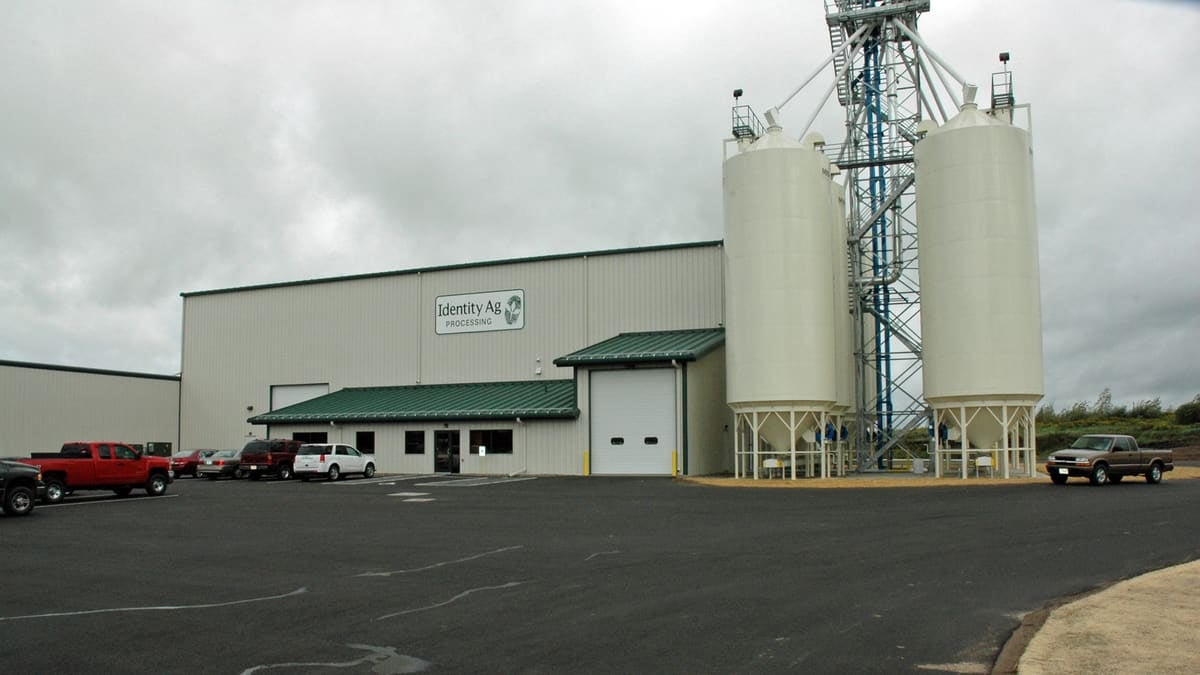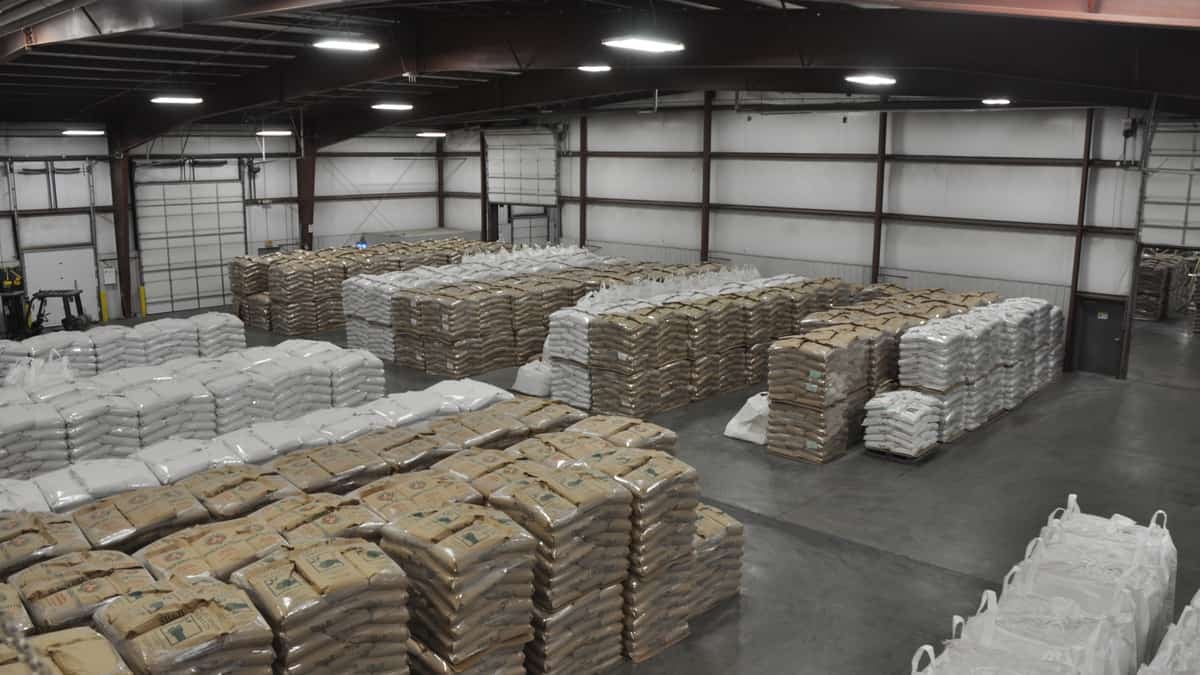Bob Sinner, president of SB&B Foods in Casselton, North Dakota, has spent the past two decades developing his business into a successful global ocean container shipper of specialty food-grade soybeans.
However, Sinner has always been pressed to ensure that his business in the American heartland has adequate access to 20-foot containers, which are vital to filling his high-end customers’ orders. With the ocean container industry now in turmoil due to the coronavirus pandemic, he is worried that insufficient access to ocean containers could sink his season.
Sinner, a long-time advisory board member of the Washington, D.C.-based Agriculture Transportation Coalition, speaks for agriculture exporters nationwide when he told American Shipper, “We’re in a real mess. Even before COVID-19, we struggled from January to May when imports into the U.S. slowdown. That’s crunch time for us. We have to do everything we can to get containers to keep our products moving.”

The closest rail ramp for SB&B Foods to pick up and drop off containers is 255 miles away in Minneapolis. This rail ramp normally lacks the volume of containers that are otherwise present in the larger rail hubs of Chicago and Kansas City.
Sinner, who also chairs the Specialty Soya and Grains Alliance’s Shipping Committee, said his industry has been told by both ocean carriers and port authorities in recent weeks that containerized agricultural shipments from the Midwest remain important to them. He described the communications from the ports and container terminal operators during the crisis as “unprecedented.”
However, the ocean carriers continue to adjust their number of ships in the global trades due to the steep drop in U.S. imports during the coronavirus, resulting in numerous cancelled or “blank” sailings.
“Unfortunately, the number of cancelled sailings is changing, unpredictable and often without adequate timely notice to shippers for communicating delivery times that may be delayed through no fault of the exporters,” the Specialty Soya and Grains Alliance told its members in a Global Markets Advisory this week. “This makes it particularly difficult for inland agricultural exporters whose containers may take 10 to 14 days to reach gateway ports.”
The blank sailings also mean reduced availability to inbound cargo containers, which Sinner desperately needs to fulfill his export orders.

Sinner continues to pride himself on maintaining his company’s cargo commitments with the ocean carriers.
“We’re making bookings with the ocean carriers six to eight weeks out,” he said. “When you start to get a chronic shortage, shippers in our industry tend to book with three to four carriers at once. It gives the shippers’ choices but frustrates the carriers that lose out. Since we don’t double book, we expect reliability that those containers will be there for us.”
Peter Friedmann, executive director of the Agriculture Transportation Coalition, said his agricultural shipper members are “buffeted by continual uncertainty as to what’s actually happening with the ocean carriers and marine terminals.”
The group holds multiple weekly calls for its members – often with upwards of 200 individuals on the line – with individual port authorities and ocean carriers, trying to find answers to the current breakdown in the U.S. and international agriculture supply chain.
“So much of our agricultural exports is seasonal,” Friedmann said. “Our shippers need to move their products now, not later. That’s why they need answers now.”
The coronavirus forced the Agriculture Transportation Coalition to replace its popular annual meeting with a “Virtual Annual Meeting” on May 21-22. Over 500 online attendees are expected; details are available here.











Robert Ferrin
Not a problem start rebuilding the railroad system that Reagan destroyed for big business and just-in-time delivery,and in the meantime practice some more state socialism, and throw them a trillion or two and I’m sure that would do it.!!!!